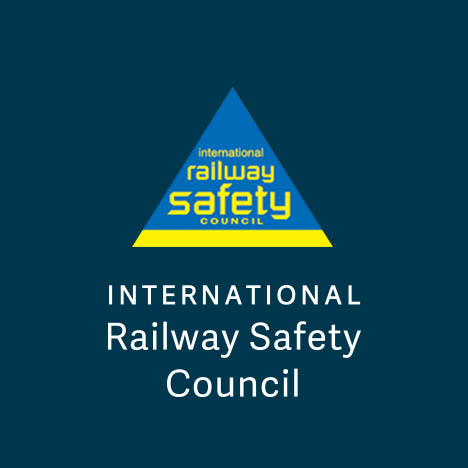Governments and purchasers of new and refurbished Rolling Stock are continuously seeking to increase the percentage of spend on material for these projects from local suppliers to boost the local economy, create jobs and sustain the rail manufacturing industry in their country. The initiative is understood and supported by major rail manufactures however besides the economic constraints (availability of materials, equipment, skills and economies of scale to justify the investment), rolling stock manufactures need to still maintain the safety and integrity of the products that are manufactured irrespective of the local content.
In addition to increasing the percentage of spend on local suppliers, cost improvements are also perused through innovative design ideas by technical and engineering teams. As for localisation, these improvements also challenges the product Safety team, tasked to ensure that the safety and integrity of the design is at least maintained, to understand and review all aspects of the proposed change.
This paper provides an overview of the safety related processes and systems approach applied by Gibela when executing localization projects and when optimising the design. Changes and proposed changes made to the rail technology and also challenges encountered are given with practical examples. The examples include mechanical and electrical topics. The key aspect of this paper can be summarised as Ôreshaping railways in an uncertain worldÕ without compromising Safety Integrity. In doing this local suppliers are challenged with, amongst others, applying international requirements, leading to an increase in knowledge, skills and quality which is needed to produce safe products. Gibela is challenged to fully understand each change, being localisation or optimisation, the associated risk if any, and to then apply the Safety Design Process

